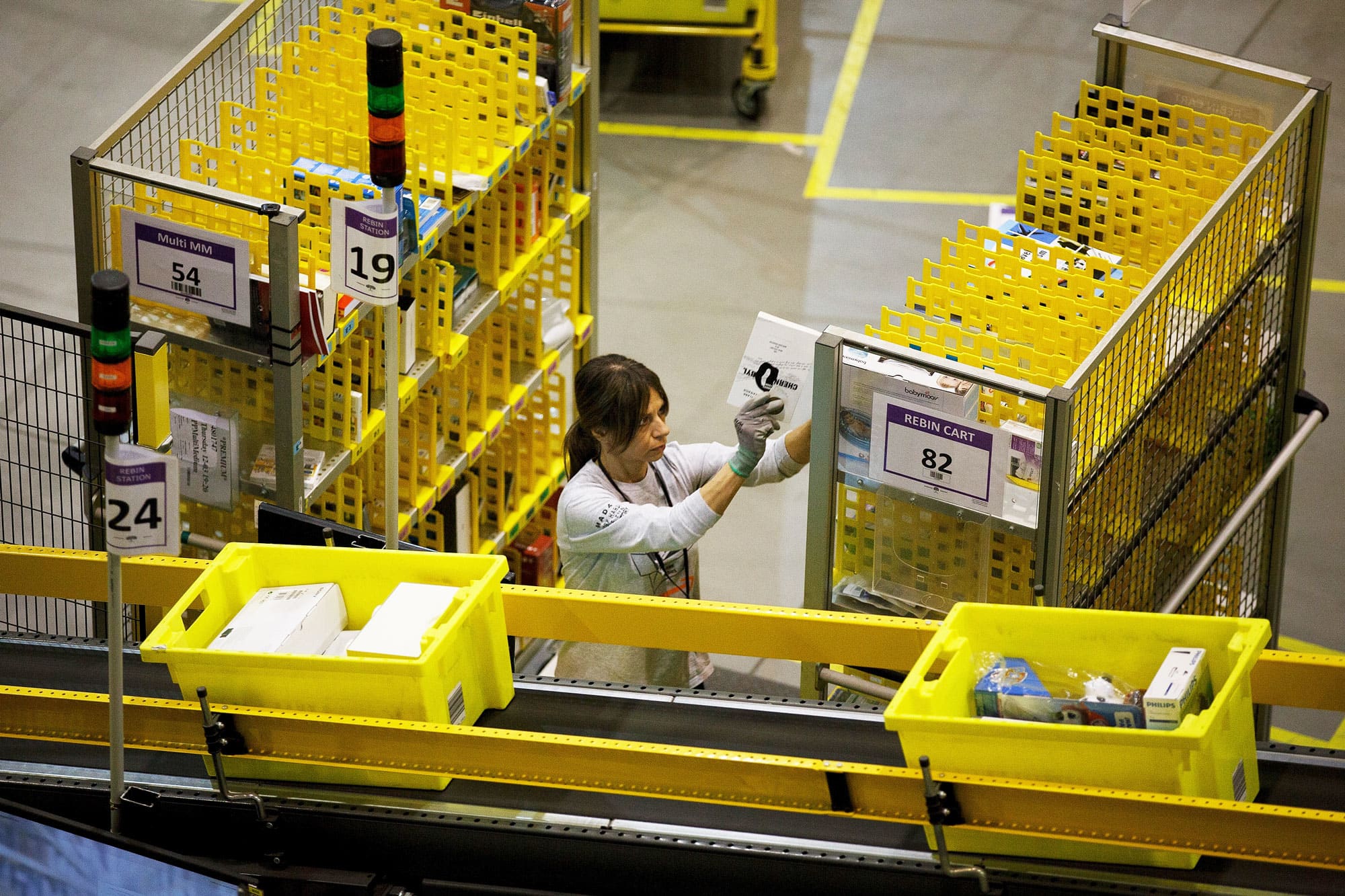Oil giant Shell says its carbon emissions and oil production have peaked
A Shell tanker truck delivers gasoline to a gasoline station, operated by Royal Dutch Shell Plc., in Rotterdam, Netherlands.
Jasper Juinen | Bloomberg | Getty Images
LONDON — Oil main Royal Dutch Shell on Thursday outlined the small print of its near-term and long-term plans to transition to cleaner power, saying its oil production and whole carbon emissions have already peaked.
The announcement comes at a time when the oil and gasoline business is underneath immense strain to dramatically pace up its plans to pivot away from fossil fuels, amid deep concern concerning the results of the local weather emergency.
Shell stated it goals to scale back web carbon emissions by between 6% to eight% by 2023 when in comparison with 2016 ranges. The goal jumps as much as 20% by 2030, 45% by 2035, and 100% by 2050.
The firm had beforehand solely dedicated to lowering its web carbon emissions by at the very least 3% by 2022, 30% by 2035 and 65% by 2050, utilizing 2016 as a baseline measure.
“Our accelerated strategy will drive down carbon emissions and will deliver value for our shareholders, our customers and wider society,” Royal Dutch Shell CEO Ben van Beurden stated in an announcement.
“We must give our customers the products and services they want and need – products that have the lowest environmental impact. At the same time, we will use our established strengths to build on our competitive portfolio as we make the transition to be a net-zero emissions business in step with society.”
Shell stated it anticipated its whole carbon emissions to have peaked in 2018 at 1.7 gigatons every year, and confirmed its whole oil production peaked in 2019.
Shares of Shell slipped greater than 1.1% throughout morning offers.
The United Nations has acknowledged local weather change because the “defining issue of our time,” warning the impacts of every part from shifting climate patterns to rising sea ranges are world in scope and unprecedented in scale.
Big Oil, in the meantime, has been sluggish to meaningfully tackle the local weather disaster.




